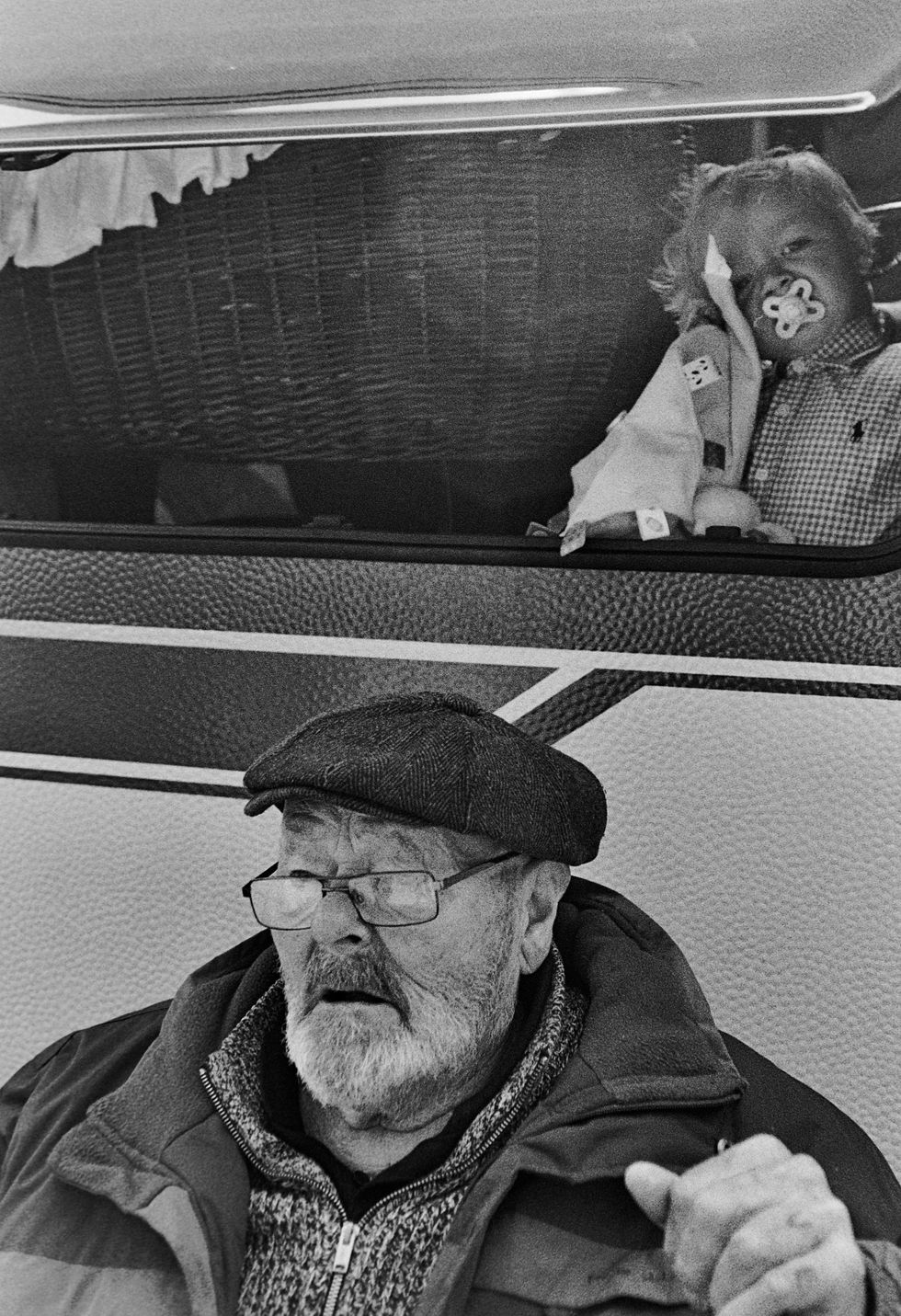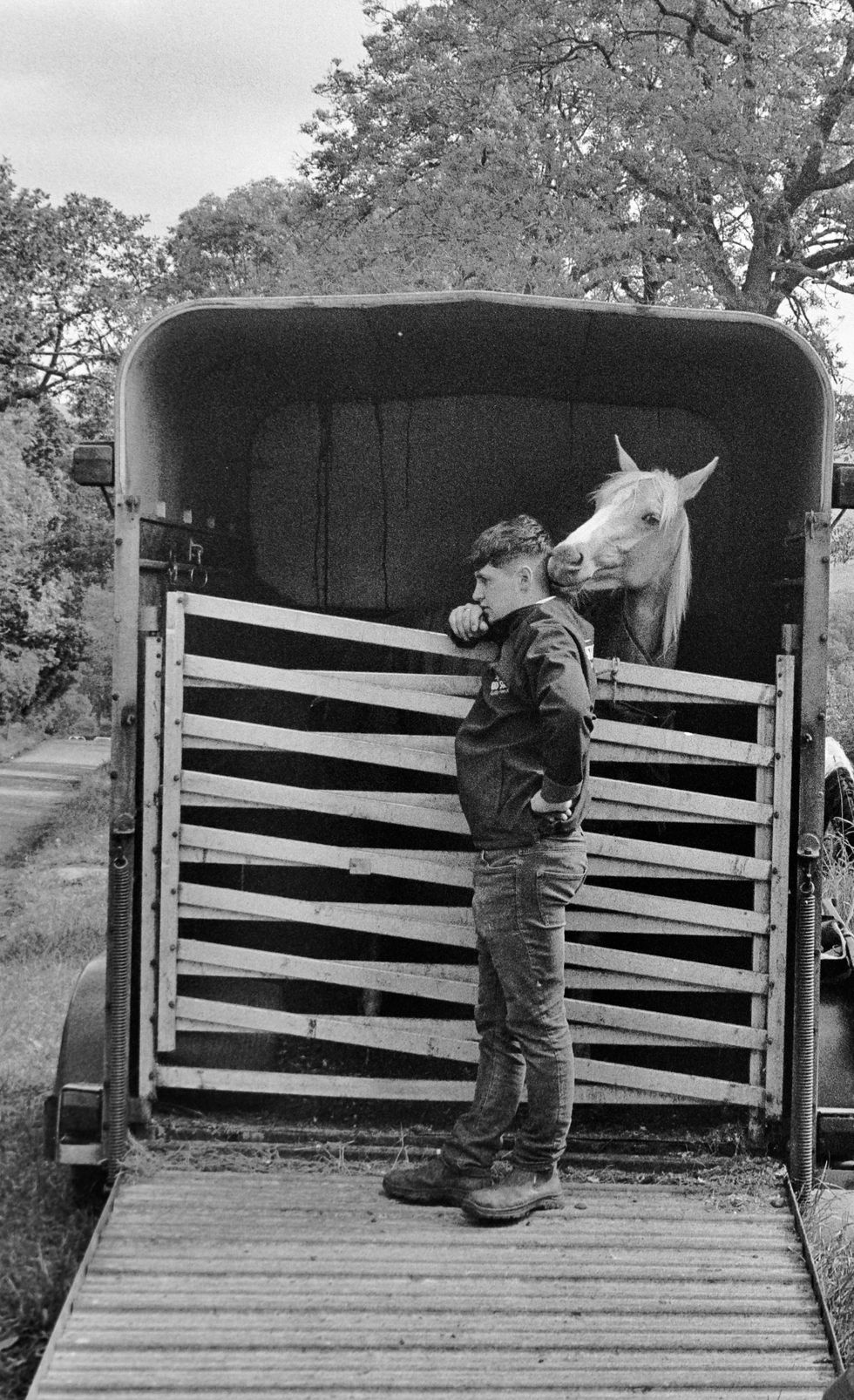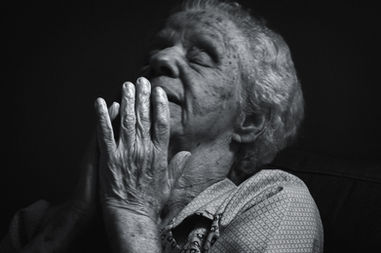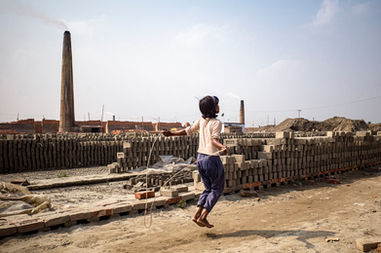
THE APPLEBY HORSE FAIR
Each June, the Appleby Horse Fair gathers Traveller communities in a place where history lives and tradition moves. David Gilbert Wright captures a layered story — of heritage passed down, identity expressed, and youth stepping into their own.
January 27, 2023
PICTORIAL STORY
photography DAVID GILBERT WRIGHT
story DAVID GILBERT WRIGHT
Deep in the heart of the County once called Westmorland, near to the Lake District lies the small town of Appleby, nestled on the side of a valley straddling the River Eden. The Settle to Carlisle railway runs through this town, being one of the stops on it on what is known as the most scenic railway journey in England. Appleby has become known for the horse fair that first came into being in 1685. It is the biggest horse fair of its kind attracting thousands of people. So, what actually happens at the fair?
-min.jpg)
Travellers, Gipsy and Roma come from across the British Isles in the week preceding, a fair that is usually held in June. They travelled to Appleby using both motorised and horse drawn vehicles. Horses and ponies of all kinds, sizes and breeds arrive at the town to be exhibited, shown off and sold. The traveller community pitch up their bow-tops, motorhomes and mobile caravans in up to severn fields outside of the town boundary. They have been doing this now for centuries and as such, it has become a time when they meet and renew friendships, acquaintances and business bonds.
I first became aware of the Appleby horse fair in the early 1980s quite by chance and in a totally different context. I was travelling India engaged in a different photographic project. I arrived in the desert town Jaisalmer in Rajasthan. It was the home of the Pushchair Camel Fair. It was here that a local told me of the horse fair in England. Many years passed before I got around to photographing it. I had seen other photographers’ pictures of the fair. They concentrated on the show parts like The Flash, which is where those selling their horses ride them at speed up and down the hill into the town. Another well photographed scene is the horses being ridden around the River Eden. I realised that one aspect of the fair seemed to be relatively under photographed. It was the actual trading aspect. This involved getting the horses ready by washing and grooming and then doing the deal. It all takes place way out of town in the quiet roads and farm tracks near Gallows Hill and the Long Marton crossroads. Here you can find, if you are lucky, groups of mainly men sizing up the horses, haggling and eventually sealing the deals. Listening in to one deal, I heard the man suggest a horse was past it in order to keep the price down, while the other argued that it was capable of pulling a trap at speed. Each tried to position the price until a compromise was reached. Bluff and bravado were key and eventually they would spit on their palms and seal the deal with a handshake. (I was witnessing something that had not changed for centuries).
Traveller, Gypsy and Romany people have for a long time been heavily involved with horses. They take them seriously and care for them greatly. However, these people have traditionally been regarded with suspicion when they arrive in a town or village. Why is that? Humanity has moved through a number of phases from its origins as hunter-gatherers.
The advent of arable farming brought a need to settle and enclose the land to protect the crops. As production increased so did the need to trade surpluses. Settlements grew into market towns and the enclosure of more and more land put pressure on those still moving their livestock to give up that lifestyle. It is easy to see how the communities would regard such people as 'other' or outsiders.
To protect their own way of life, settled people started to invent stories about the travellers as untrustworthy. Crimes were attributed wrongly to them. Even in recent times, we were told "Don't trust a tinker!" My grandparents were collectively grouping anyone who seemed to fit the bill of living in a caravan and moving around the country.
The business of buying and selling horses was the province of men. Caring for the horses, exercising them and learning the ropes are what the young boys do prior to their rite of passage. Becoming a man to these families involves many things but one thing that is apparent is that horsemanship is in the blood. This can be seen during the fair as boys and girls come and go along the country lanes, riding the horses. Look closer and you realise that most ride bareback with just a pair of reins. And the speed! What is it about the young? They seem to love speed. Galloping along with the wind in their faces, they are natural riders. Another thing you cannot help noticing is the boys sport very smart, hairstyles. Shaved around the back and sides and long on top, neatly combed and greased back. As they ride past or stand holding their horses they chat to each other, unaware of the way girls are looking at them.
The fair is not just a place where people renew friendships and trade horses. It is where the emerging adolescents begin their journey into relationships and adulthood.
Teenager boys would brag about how fast their horses were in the way that teenagers in our wider society talked about their cars. Teenage girls, who were just coming of age would be dressed so glamorously you might be mistaken thinking that you were at a prestigious fashion show. Their aim, I was told was “to get the attention of the of the lads” and they certainly did that!

Pressure has been on the authorities to curtail or even end the Horse Fair. However, the reasons put forward are dubious. The Police have stated that given the size of the fair with up to 10,000 visitors, the level of crime is extremely low with only 7 arrests in 2021, mostly for drunkenness. Only 29 tonnes of litter was left in 2021, much from the small businesses and all was cleared at no expense the ratepayers. Indeed, many local businesses benefit from the fair.
It would be wrong to stop the Appleby Horse Fair for unsubstantiated reasons. It seems to be more a case of prejudice than actually evidence.

The views, thoughts, and opinions expressed in the text belong solely to the author, and are not necessarily shared by The Pictorial List and the team.







































